Home>Gardening & Outdoor>Outdoor Recreation & Activities>What Kills Water Bugs In A Swimming Pool
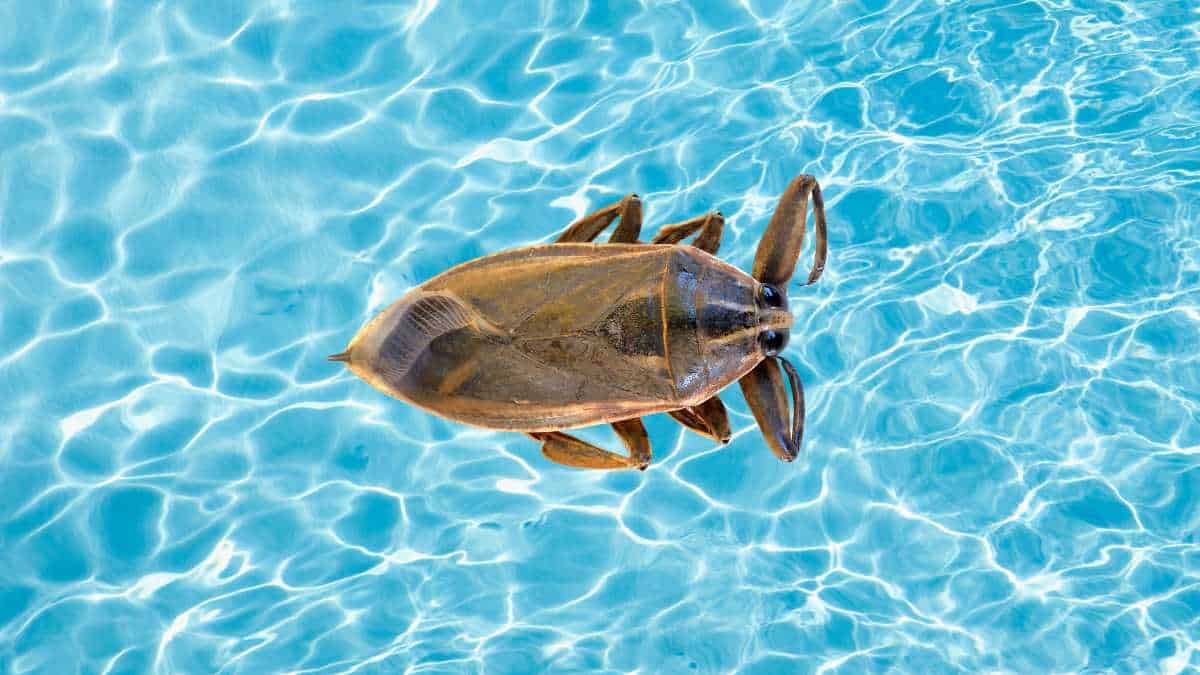

Outdoor Recreation & Activities
What Kills Water Bugs In A Swimming Pool
Published: February 18, 2024
Learn effective methods for killing water bugs in your swimming pool and enjoy a bug-free outdoor recreation and activities experience.
(Many of the links in this article redirect to a specific reviewed product. Your purchase of these products through affiliate links helps to generate commission for Storables.com, at no extra cost. Learn more)
Introduction
Swimming pools are a source of relaxation and enjoyment, offering a refreshing escape from the summer heat. However, the presence of water bugs can quickly turn this oasis into a nuisance. These unwelcome visitors, often mistaken for cockroaches due to their similar appearance, can disrupt the tranquility of your poolside retreat. Understanding how to effectively deal with water bugs is essential for maintaining a pristine swimming environment.
In this comprehensive guide, we will delve into the various methods for eradicating water bugs from swimming pools. From natural remedies to chemical treatments, we will explore the most effective strategies for eliminating these pesky intruders. Additionally, we will discuss preventive measures to safeguard your pool from future infestations.
Join us as we embark on a journey to uncover the best practices for dealing with water bugs in swimming pools. Whether you're a seasoned pool owner or a first-time enthusiast, this guide will equip you with the knowledge and tools to reclaim your pool and ensure a bug-free aquatic haven.
Key Takeaways:
- Say goodbye to water bugs in your pool by skimming, vacuuming, and maintaining proper water chemistry. Natural remedies and professional pest control services are also effective solutions for a bug-free swimming experience.
- Prevent water bugs from invading your pool with regular maintenance, optimized water chemistry, pool covers, and strategic landscaping. Keep your pool pristine and inviting with proactive prevention measures.
Read more: What Makes Swimming Pool Water Blue
Understanding Water Bugs in Swimming Pools
Water bugs, also known as toe-biters or giant water bugs, are aquatic insects that belong to the Belostomatidae family. These creatures are often mistaken for cockroaches due to their similar appearance, but they are distinct in their habitat and behavior. Water bugs are commonly found in freshwater environments such as ponds, lakes, and yes, swimming pools. Their presence in swimming pools can be a cause for concern, as they not only disrupt the serenity of the pool but also pose potential health risks.
These insects are equipped with powerful forelegs that they use to grasp and immobilize their prey, which primarily consists of small fish, tadpoles, and insects. Their elongated bodies and flattened legs enable them to navigate through water with ease, making them proficient hunters in aquatic environments. While their predatory nature is fascinating in natural ecosystems, it becomes a nuisance when they invade swimming pools, where they are neither welcome nor beneficial.
Water bugs are attracted to swimming pools for various reasons. The presence of lights near the pool area can draw them in, as they are naturally drawn to sources of light. Additionally, the warmth and chemical composition of the pool water can also attract these insects. Once they find their way into the pool, they can be challenging to remove due to their resilient nature and adept swimming abilities.
Identifying water bugs in a swimming pool is relatively straightforward. These insects are typically dark brown or black in color, with a distinctive elongated body and powerful forelegs. They are often observed gliding effortlessly on the water's surface, showcasing their adept swimming skills. While their presence may initially go unnoticed, especially during nighttime swims, their appearance can quickly disrupt the tranquility of the pool environment.
Understanding the behavior and characteristics of water bugs is crucial for effectively addressing their presence in swimming pools. By gaining insight into their habits and preferences, pool owners can implement targeted strategies to eliminate and prevent water bug infestations, ensuring a pristine and enjoyable swimming experience for all.
Common Methods to Kill Water Bugs in Swimming Pools
Dealing with water bugs in swimming pools requires a proactive approach to ensure the pool remains a serene and inviting space. Here are some common methods to effectively eliminate water bugs from swimming pools:
-
Skimming and Vacuuming: Regular skimming of the pool's surface and vacuuming the pool floor can help remove water bugs and their eggs. Using a fine mesh skimmer net, carefully skim the water's surface to capture any floating water bugs. Additionally, a pool vacuum can be used to clean the pool floor, targeting any water bugs that may have submerged.
-
Maintaining Proper Water Chemistry: Ensuring the pool's water chemistry is balanced is crucial for deterring water bugs. Properly chlorinated water can repel water bugs, making the pool less inviting to these insects. Regularly testing and adjusting the pool's pH and chlorine levels can help create an environment that is inhospitable to water bugs.
-
Installing a Pool Cover: Utilizing a pool cover when the pool is not in use can act as a physical barrier, preventing water bugs from entering the water. This simple yet effective measure can significantly reduce the likelihood of water bug infestations, especially during periods of inactivity.
-
Using Insecticides: In cases of severe infestations, targeted insecticides can be employed to eliminate water bugs. It is essential to use insecticides specifically designed for aquatic environments and to follow the manufacturer's instructions carefully. When using insecticides, it is crucial to consider the potential impact on other aquatic life and to use them judiciously.
-
Professional Pest Control Services: For persistent or large-scale water bug infestations, seeking the expertise of professional pest control services may be necessary. These professionals can assess the extent of the infestation and implement targeted strategies to eradicate water bugs while ensuring the safety of the pool and its occupants.
By employing these common methods, pool owners can effectively combat water bug infestations and maintain a pristine swimming environment. It is important to approach the elimination of water bugs with a comprehensive strategy, combining preventive measures with targeted interventions to ensure long-term success in keeping water bugs at bay.
Natural Ways to Get Rid of Water Bugs in Swimming Pools
When it comes to addressing water bug infestations in swimming pools, natural remedies offer an eco-friendly and sustainable approach to eliminating these unwelcome visitors. By harnessing the power of nature, pool owners can effectively combat water bugs while minimizing the impact on the pool's ecosystem. Here are several natural ways to get rid of water bugs in swimming pools:
1. Utilize Vinegar Solution
Vinegar, known for its versatile cleaning properties, can also serve as a natural deterrent for water bugs. By mixing equal parts of vinegar and water in a spray bottle, pool owners can create a potent solution to repel water bugs. Spraying this mixture around the pool area, especially near potential entry points, can discourage water bugs from approaching the water's edge.
Read more: What Ppm Chlorine In Swimming Pool Water
2. Deploy Essential Oils
Certain essential oils, such as peppermint, eucalyptus, and tea tree oil, are known for their insect-repelling properties. Diluting these essential oils with water and spraying the solution around the pool perimeter can act as a natural barrier against water bugs. Not only do these oils emit pleasant aromas, but they also serve as effective repellents, creating an environment that is inhospitable to water bugs.
3. Introduce Predatory Fish
Incorporating certain species of fish, such as mosquito fish (Gambusia affinis) or goldfish, into the pool can help control water bug populations. These fish are natural predators of aquatic insects and can actively consume water bugs and their larvae, reducing their numbers over time. However, it is essential to ensure that the introduction of predatory fish aligns with the pool's maintenance and ecological balance.
4. Employ Biological Control Agents
Biological control agents, such as Bacillus thuringiensis israelensis (Bti), offer a natural and targeted approach to managing water bug populations. Bti is a naturally occurring bacterium that specifically targets the larvae of mosquitoes, black flies, and fungus gnats, which are closely related to water bugs. By introducing Bti into the pool water, pool owners can effectively reduce the presence of water bug larvae without harming other aquatic life.
5. Maintain Vegetation Around the Pool
Strategically planting insect-repelling vegetation, such as citronella, lemongrass, or marigolds, around the pool area can help deter water bugs. These plants emit natural fragrances that repel insects, creating a protective barrier around the pool. Additionally, maintaining a well-trimmed and tidy landscape can minimize potential hiding spots for water bugs, reducing their access to the pool.
By incorporating these natural methods, pool owners can take proactive steps to eliminate water bugs from swimming pools while promoting a harmonious coexistence with the surrounding environment. These natural remedies not only offer effective solutions but also contribute to the overall well-being of the pool ecosystem, ensuring a balanced and thriving aquatic environment.
Read more: What Bugs Kill Grass
Chemical Treatments for Eliminating Water Bugs in Swimming Pools
Chemical treatments offer a targeted and potent approach to eradicating water bugs from swimming pools, providing effective solutions for controlling infestations and preventing their resurgence. When utilized responsibly and in accordance with recommended guidelines, these treatments can significantly reduce water bug populations, restoring the pool to its pristine state. Here are several chemical treatments commonly employed for eliminating water bugs in swimming pools:
1. Chlorine Shock Treatment
Chlorine shock treatment involves the application of a concentrated dose of chlorine to the pool water, effectively raising the chlorine levels to a point where it eliminates water bugs and their larvae. This shock treatment not only eradicates existing water bugs but also serves as a preventive measure against future infestations. It is essential to follow the manufacturer's instructions and safety guidelines when administering chlorine shock treatment to ensure its efficacy and minimize any potential adverse effects.
2. Algaecides
Algaecides, typically used to control algae growth in pools, can also aid in combating water bugs. Certain types of algaecides contain ingredients that are effective in targeting and eliminating water bugs and their larvae. When applied as per the product instructions, algaecides can disrupt the breeding and development of water bugs, contributing to a reduction in their population within the pool environment.
3. Clarifiers and Enzymes
Pool clarifiers and enzymes play a crucial role in maintaining water clarity and purity, but they can also contribute to controlling water bugs. By enhancing the filtration and purification processes, these products help remove organic debris and contaminants that serve as potential habitats and food sources for water bugs. As a result, the use of clarifiers and enzymes can indirectly reduce the attractiveness of the pool to water bugs, aiding in their elimination.
Read more: How To Test Swimming Pool Water
4. Insect Growth Regulators (IGRs)
Insect growth regulators, or IGRs, are chemical compounds designed to disrupt the growth and development of insect larvae, including that of water bugs. By targeting the reproductive cycle of water bugs, IGRs impede their ability to mature and reproduce, effectively curbing population growth. When integrated into the pool maintenance routine, IGRs can provide long-term control of water bug infestations, contributing to a sustained reduction in their numbers.
5. Professional Pest Control Applications
In cases of severe or persistent water bug infestations, seeking the expertise of professional pest control services is advisable. These professionals can assess the extent of the infestation and administer targeted chemical treatments tailored to the specific characteristics of the pool and the severity of the infestation. By leveraging their expertise and access to specialized products, professional pest control services can effectively eliminate water bugs while ensuring the safety and integrity of the pool environment.
By incorporating these chemical treatments into the pool maintenance regimen, pool owners can effectively combat water bug infestations and safeguard the pool against future occurrences. It is important to exercise caution and adhere to recommended usage guidelines to ensure the safety of the pool's occupants and the preservation of the pool ecosystem. With a strategic and responsible approach, chemical treatments can serve as valuable tools in the ongoing battle against water bugs in swimming pools.
Preventing Water Bugs in Swimming Pools
Preventing water bugs from infiltrating swimming pools is a proactive and essential aspect of pool maintenance. By implementing preventive measures, pool owners can create an environment that is uninviting to water bugs, minimizing the likelihood of infestations and ensuring a pristine swimming experience. Here are several effective strategies for preventing water bugs in swimming pools:
-
Regular Maintenance and Cleaning: Consistent maintenance and cleaning routines are fundamental in deterring water bugs. Skimming the pool's surface, vacuuming the pool floor, and removing debris and organic matter prevent water bugs from finding suitable habitats and food sources. By maintaining a clean and well-kept pool, the likelihood of water bug infestations is significantly reduced.
-
Optimizing Water Chemistry: Maintaining balanced water chemistry, including proper pH levels and adequate chlorine concentration, is crucial for repelling water bugs. Regularly testing and adjusting the pool's chemical levels creates an environment that is inhospitable to water bugs, discouraging their presence in the water.
-
Utilizing Pool Covers: When the pool is not in use, employing a pool cover acts as a physical barrier, preventing water bugs from entering the water. This simple yet effective measure significantly reduces the opportunity for water bugs to infest the pool, especially during periods of inactivity or when the pool is not in use for extended periods.
-
Minimizing Light Attraction: Water bugs are naturally drawn to sources of light. By minimizing the use of bright lights near the pool area, especially during the evening and nighttime, the attraction of water bugs to the pool can be reduced. Utilizing low-intensity or strategically positioned lighting helps mitigate the allure of the pool to water bugs.
-
Regular Vegetation Maintenance: Maintaining the vegetation surrounding the pool area is essential for minimizing potential hiding spots and breeding grounds for water bugs. Trimming bushes, trees, and other plants near the pool reduces the availability of shelter and diminishes the attractiveness of the pool environment to water bugs.
-
Strategic Landscaping: Incorporating insect-repelling plants, such as citronella, lavender, or marigolds, into the poolside landscape can act as a natural deterrent for water bugs. These plants emit fragrances that repel insects, creating a protective barrier around the pool and reducing the likelihood of water bug infestations.
By integrating these preventive strategies into the regular pool maintenance routine, pool owners can effectively minimize the risk of water bug infestations and maintain a clean and inviting swimming environment. Proactive prevention is key to preserving the serenity and enjoyment of the pool while safeguarding it against the intrusion of water bugs.
Conclusion
In conclusion, addressing the presence of water bugs in swimming pools requires a multifaceted approach that encompasses understanding their behavior, implementing effective eradication methods, and adopting preventive measures. By gaining insight into the habits and preferences of water bugs, pool owners can tailor their strategies to combat infestations and create an environment that is uninviting to these aquatic insects.
From natural remedies such as vinegar solutions and essential oils to chemical treatments including chlorine shock and algaecides, a diverse array of methods is available to eliminate water bugs from swimming pools. Each approach offers unique benefits, allowing pool owners to choose the most suitable method based on the severity of the infestation and their environmental preferences.
Furthermore, preventive measures play a pivotal role in maintaining a bug-free swimming environment. Regular maintenance, optimizing water chemistry, utilizing pool covers, and strategic landscaping all contribute to deterring water bugs and minimizing the risk of infestations. By integrating these preventive strategies into routine pool maintenance, pool owners can proactively safeguard their pools against potential intrusions by water bugs.
It is essential to approach the management of water bugs in swimming pools with a balanced perspective, considering both the efficacy of the methods employed and their impact on the pool's ecosystem. Responsible use of chemical treatments, adherence to recommended usage guidelines, and consideration for the pool's ecological balance are crucial in ensuring the long-term health and sustainability of the pool environment.
Ultimately, by combining knowledge, proactive measures, and targeted interventions, pool owners can reclaim their swimming pools from water bug infestations and create a serene and inviting aquatic haven. With a comprehensive understanding of water bug management and a commitment to effective maintenance practices, pool owners can enjoy a bug-free and pristine swimming experience, ensuring that their pool remains a source of relaxation and enjoyment for all.
Frequently Asked Questions about What Kills Water Bugs In A Swimming Pool
Was this page helpful?
At Storables.com, we guarantee accurate and reliable information. Our content, validated by Expert Board Contributors, is crafted following stringent Editorial Policies. We're committed to providing you with well-researched, expert-backed insights for all your informational needs.
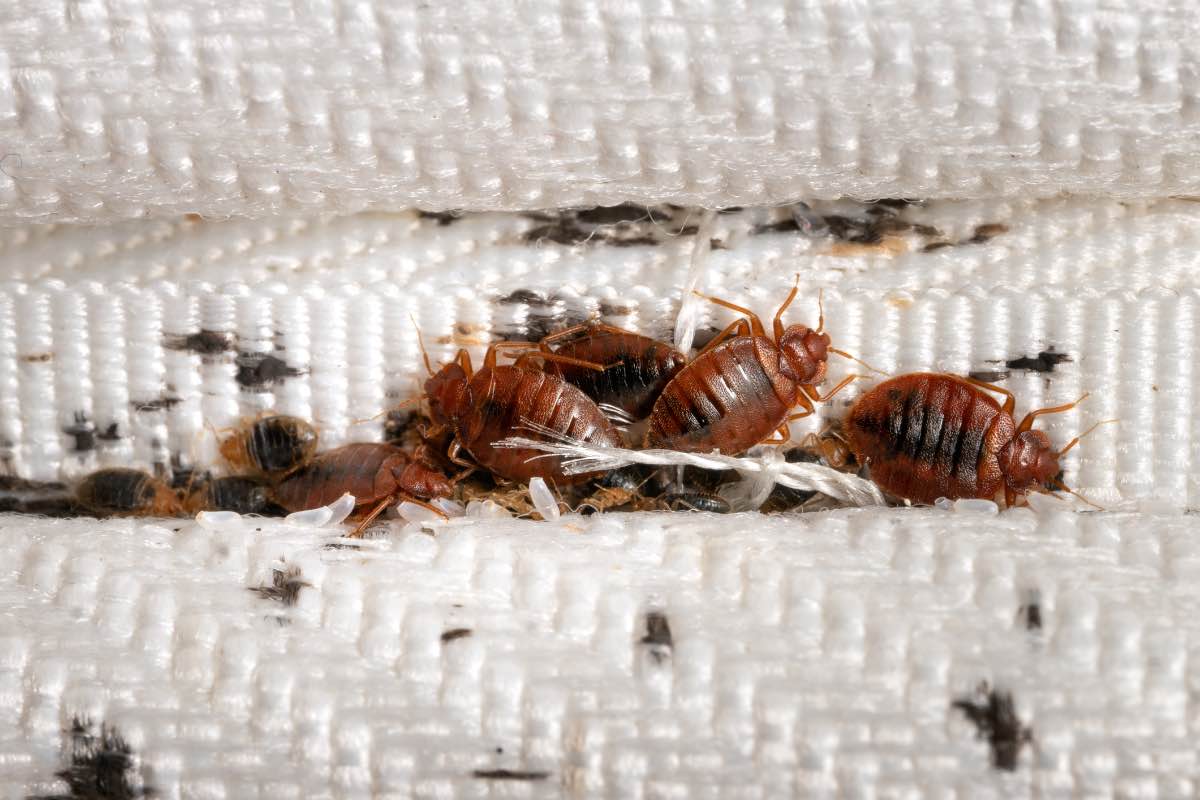

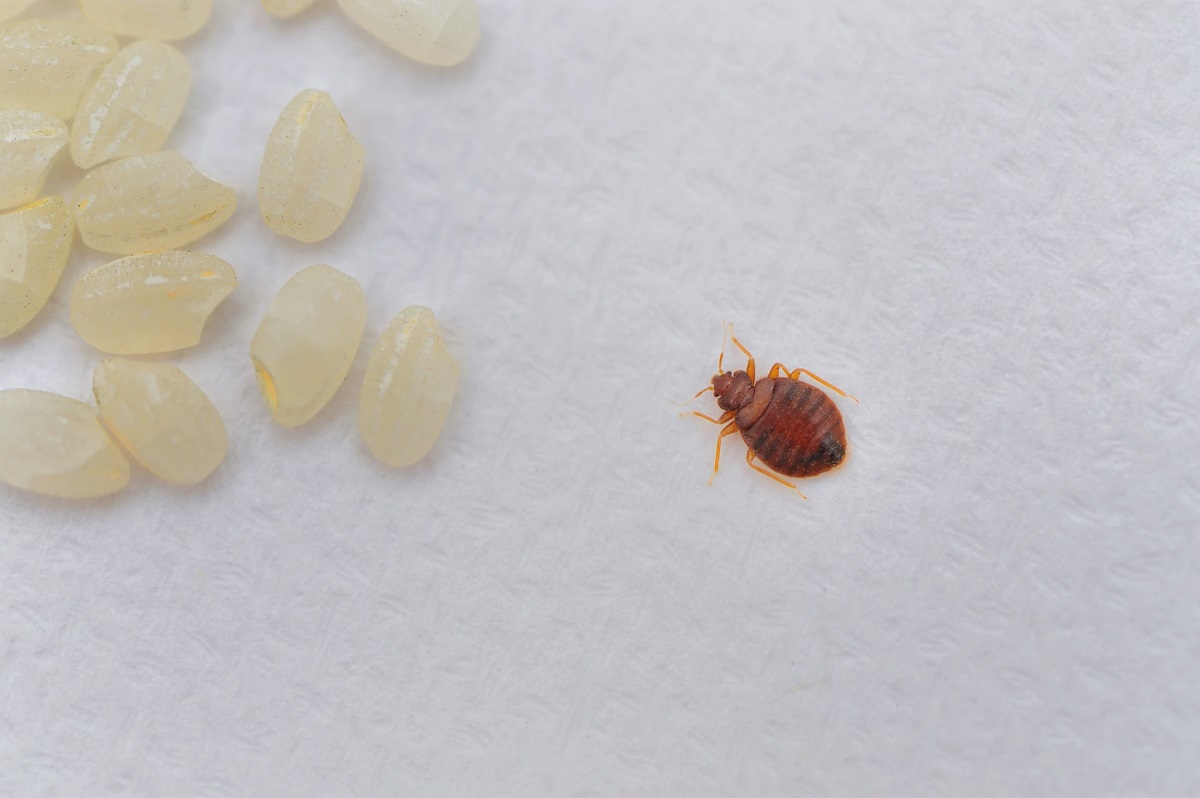

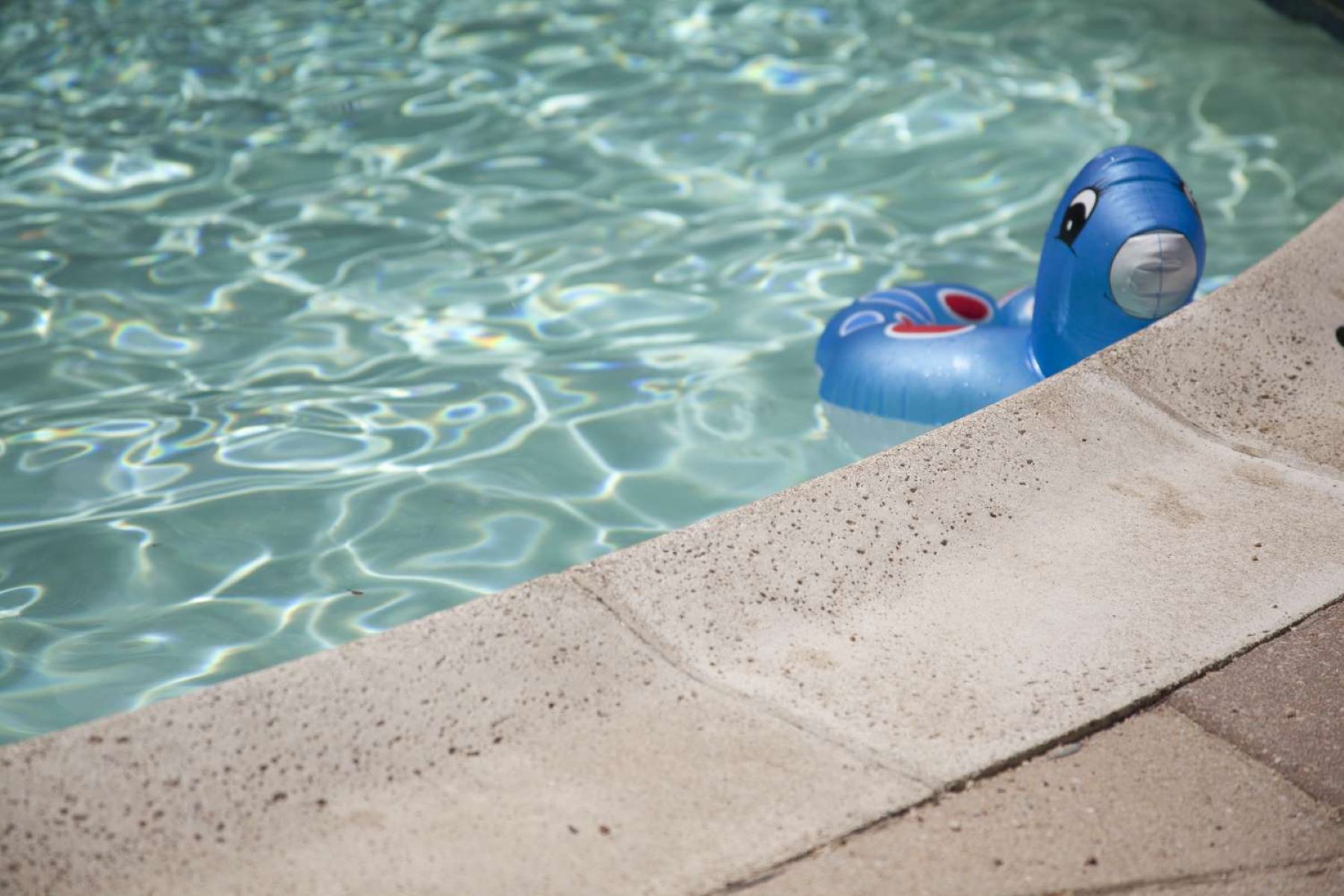
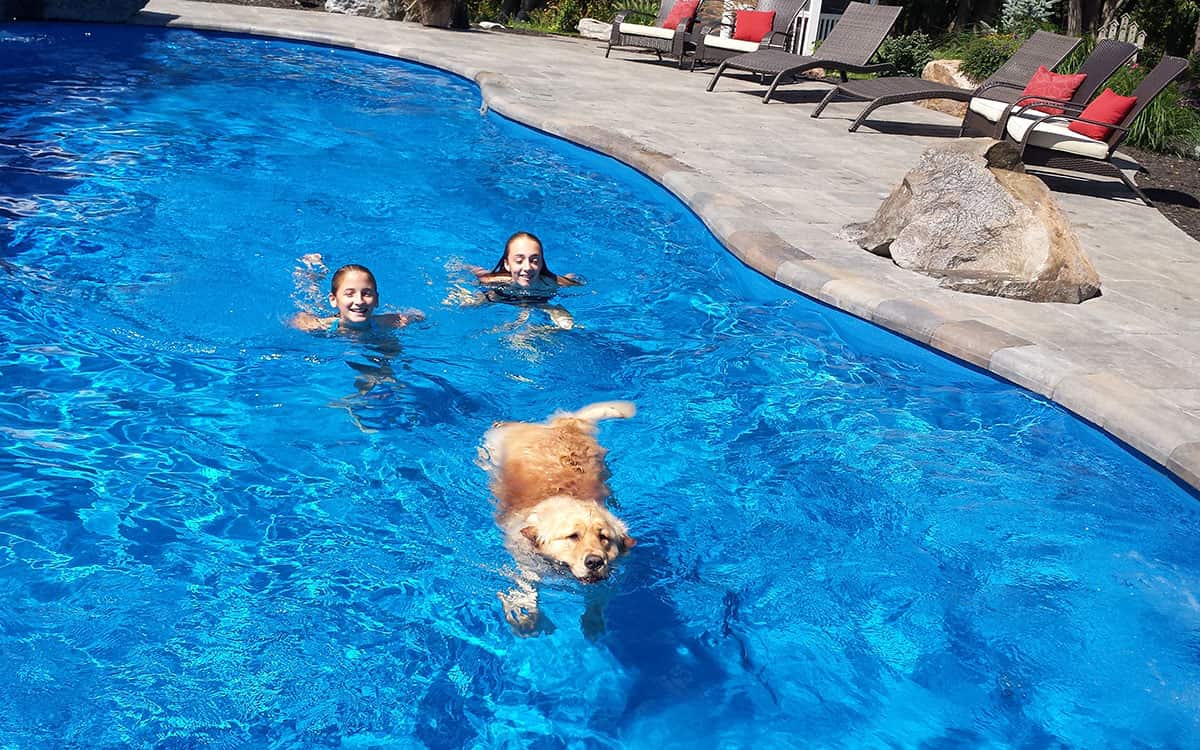
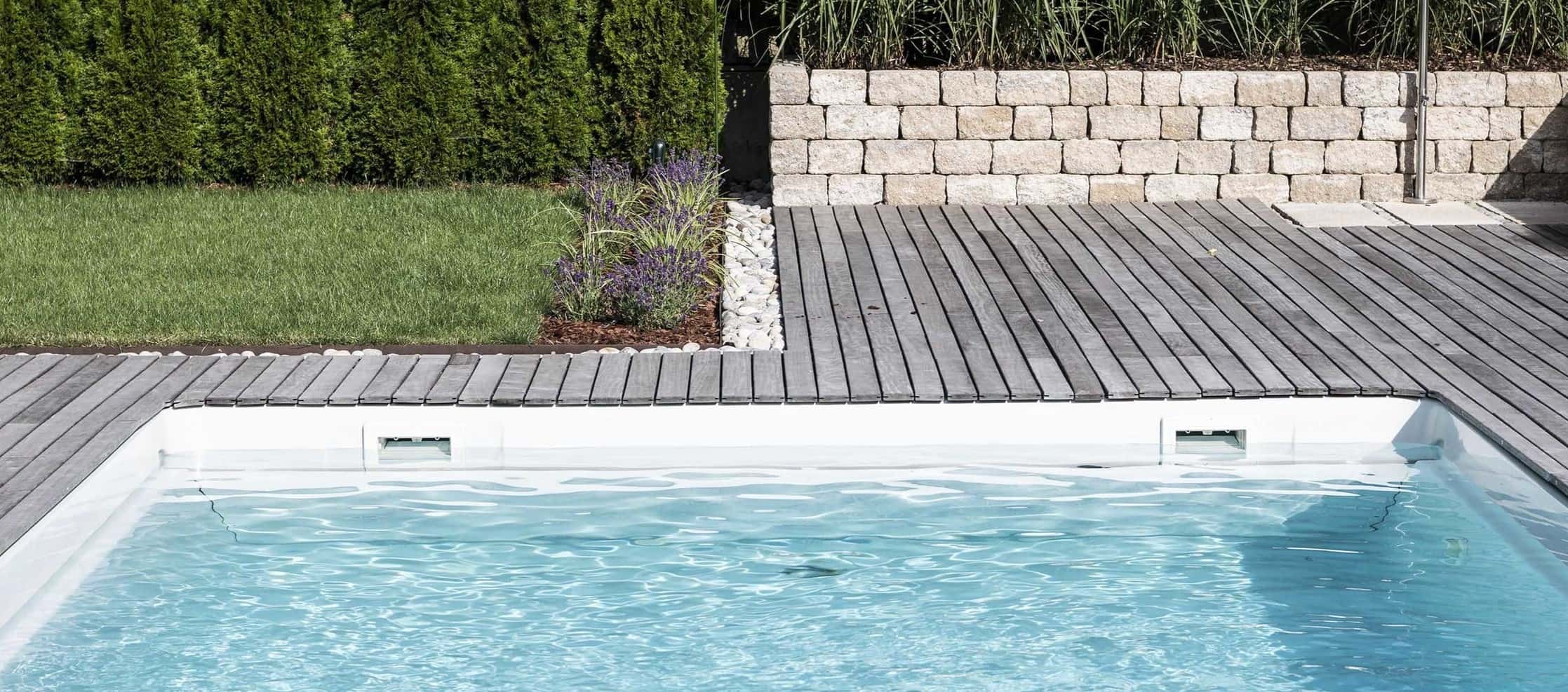
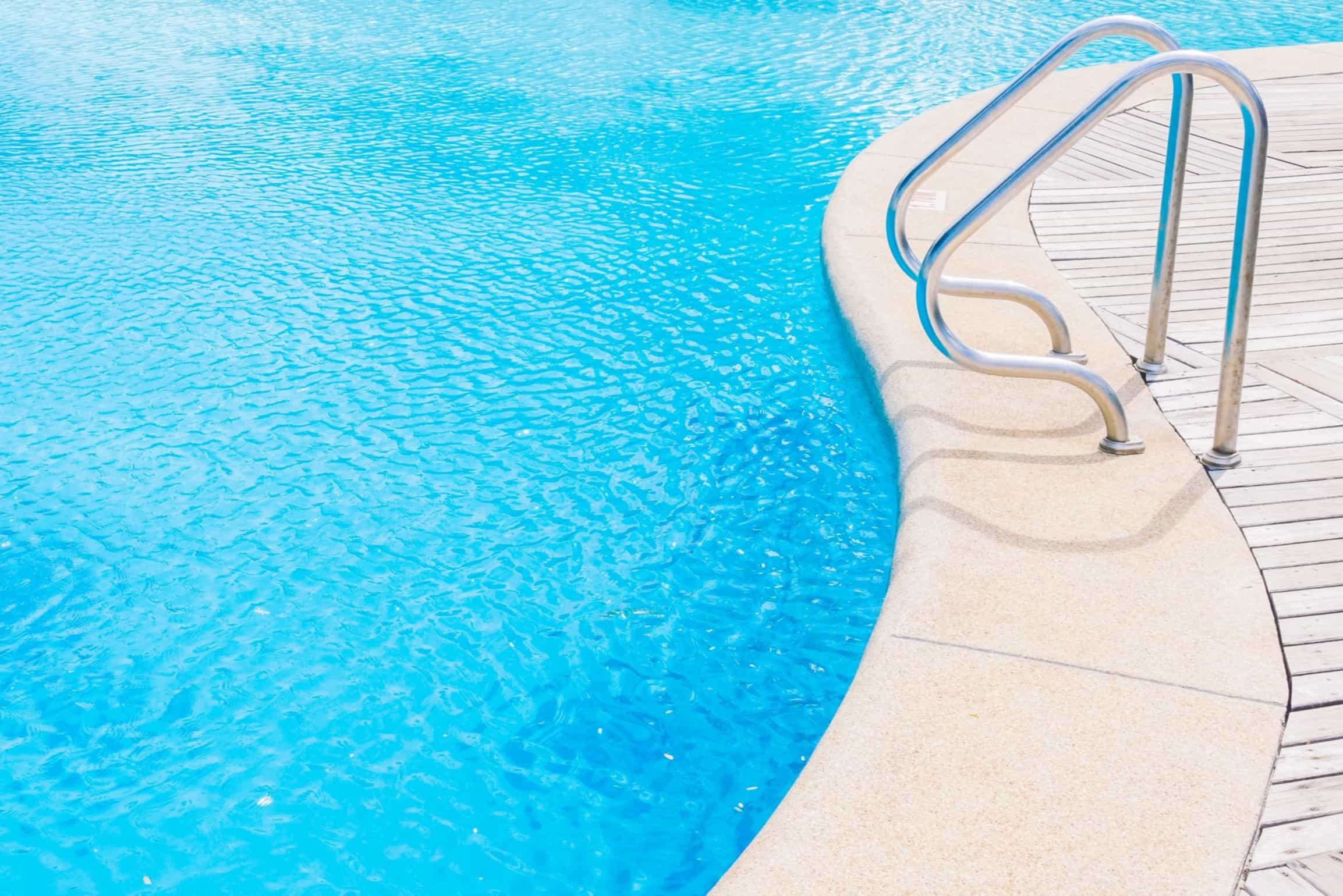
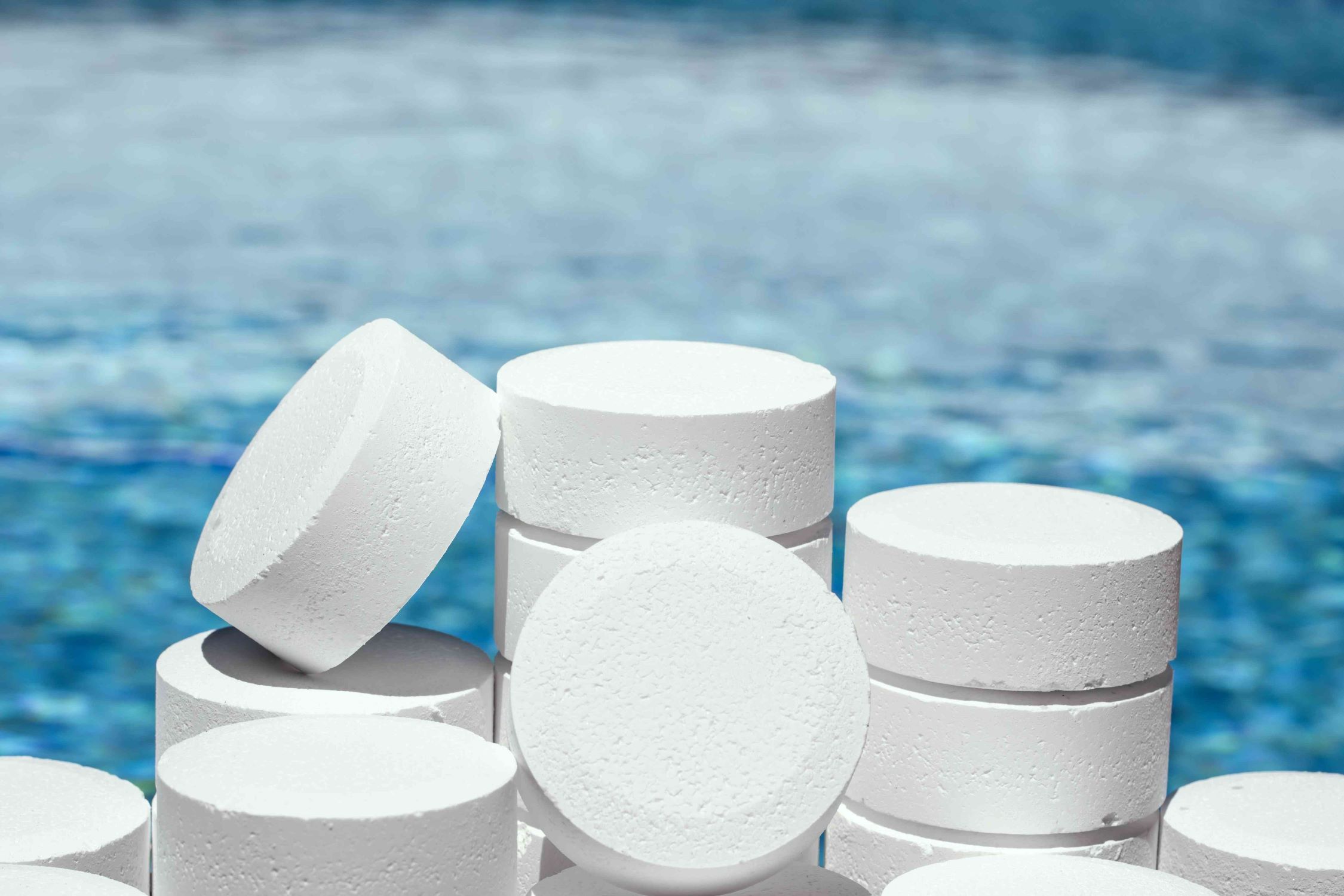
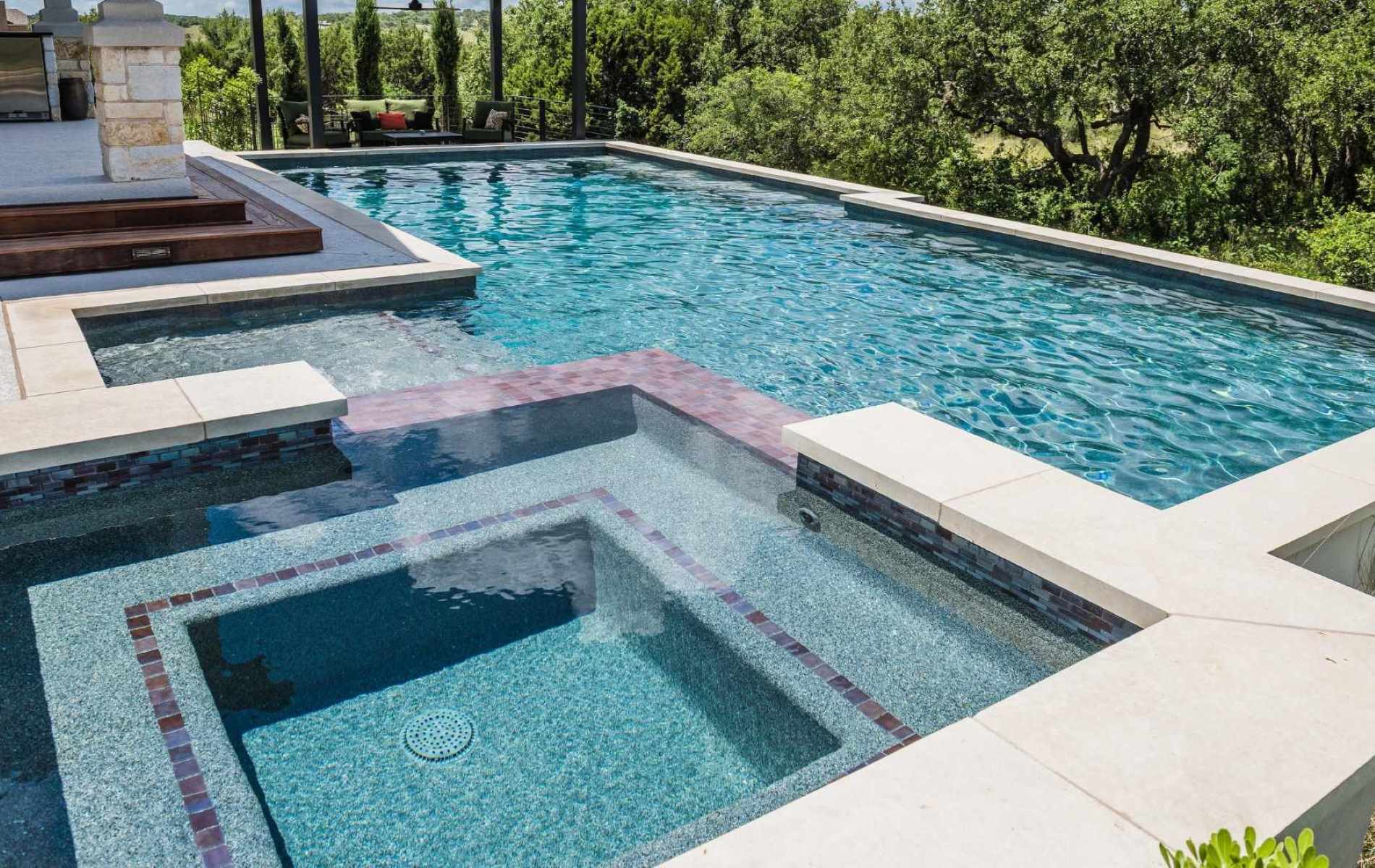
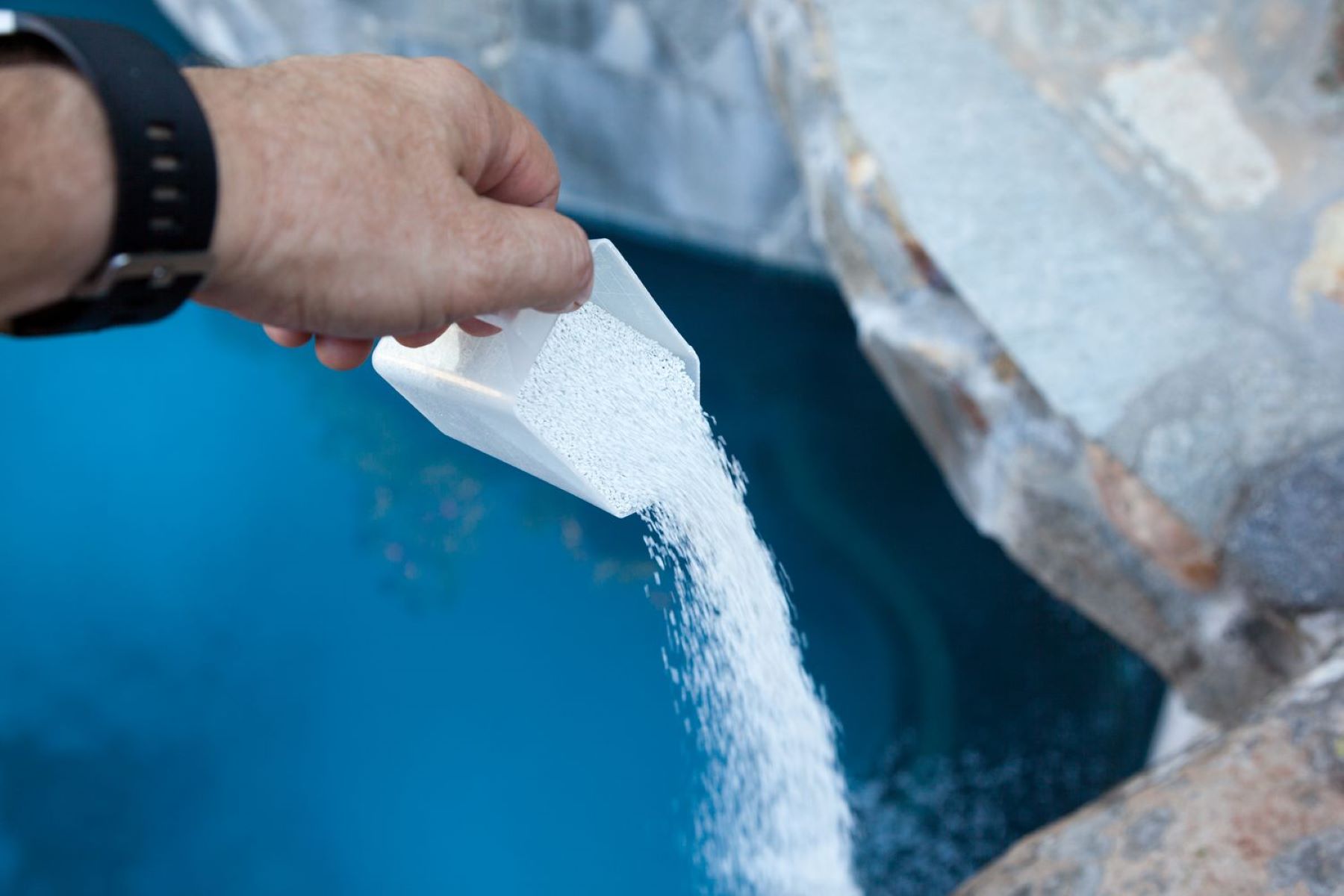


0 thoughts on “What Kills Water Bugs In A Swimming Pool”